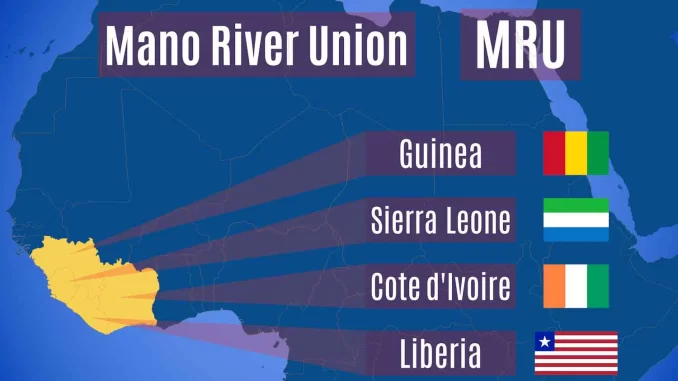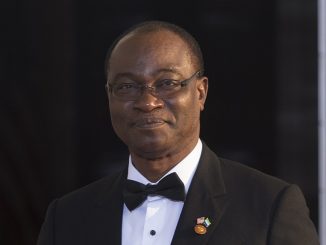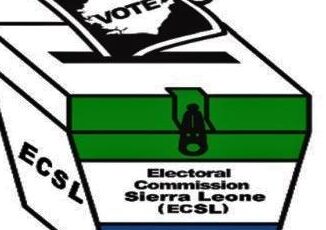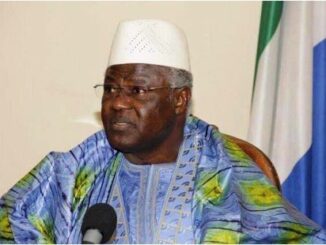
The Board of Directors of the African Development Fund, the concessional window of the African Development Bank Group, on Wednesday approved $88.2 million in financing for the third phase of the Road Development and Transport Facilitation Programme for the Mano River Union.

The Mano River Union is an international association initially established between Liberia and Sierra Leone in 1973 under the Mano River Declaration. The Mano River begins in the Guinea highlands and forms a border between Liberia and Sierra Leone. The Union now includes Guinea and Côte d’Ivoire.
The approval covers African Development Fund grants worth $35.1 million for Sierra Leone and another $8.9 million for Liberia. Additionally, Liberia will receive a loan of $31.8 million from the ADF and another $12.4 million loan from the Transition Support Facility window.
The third phase of the program entails the upgrade to bitumen standard of 50 km of roadway in Liberia and 25 km in Sierra Leone. It will also finance feasibility studies for building 170 kilometers of roads in Sierra Leone and Liberia. Other components of the project are constructing a 276-meter bridge over the Makona River between Guinea and Sierra Leone, developing socio-economic infrastructure, and supporting women and youth associations to promote much-needed private enterprise.
The program is intended to help improve the standard of the roads linking Kailahun to Koindu, on the border between Sierra Leone and Guinea, and the Putuken-John Davies Town section, which is on the Fish Town-Zwedru axis in Liberia. The works will boost the safety and conditions of the Makona River crossing, as well as accessibility and quality of life for local communities.
African Development Bank Country Manager for Liberia Benedict Kanu underscored the timeliness, relevance and value-added of the program in helping to bolster regional integration and trade in the Mano River Union.
Country Manager for Sierra Leone Halima Hashi indicated that in addition to opening up the region, this phase 3 will generate many urgently needed jobs for young men and women during the construction and maintenance phases.
The project will empower women in the program coverage area through stimulation of agricultural production and marketing, and other income-generating activities and help restore forest ecosystems to mitigate the effects of climatic change and other extreme weather events.
The Bank signed onto the Road Development and Transport Facilitation Programme in 2015, under a special initiative to boost the post-conflict recovery of the Mano River Union area by improving road infrastructure and promoting intra-community trade. The project is being financed in phases. Phase 1, which is near completion, covers Côte d’Ivoire, Liberia, and Guinea; phase 2, covering Liberia and Côte d’Ivoire, is ongoing.
As of February 2022, the African Development Bank Group has 16 ongoing operations in Liberia with a total commitment of $390 million. The transport sector accounts for the largest share of the portfolio (59%), followed by energy (28%), multi-sector (7%), and agriculture and rural development (6%).
The active portfolio in Sierra Leone comprises 14 operations with a total commitment of $285 million. Energy accounts for the largest share of the portfolio (36%), followed by water and sanitation (25%), multisector (17%), transport (11%) and agriculture (11%).
Source African Development Bank Group



